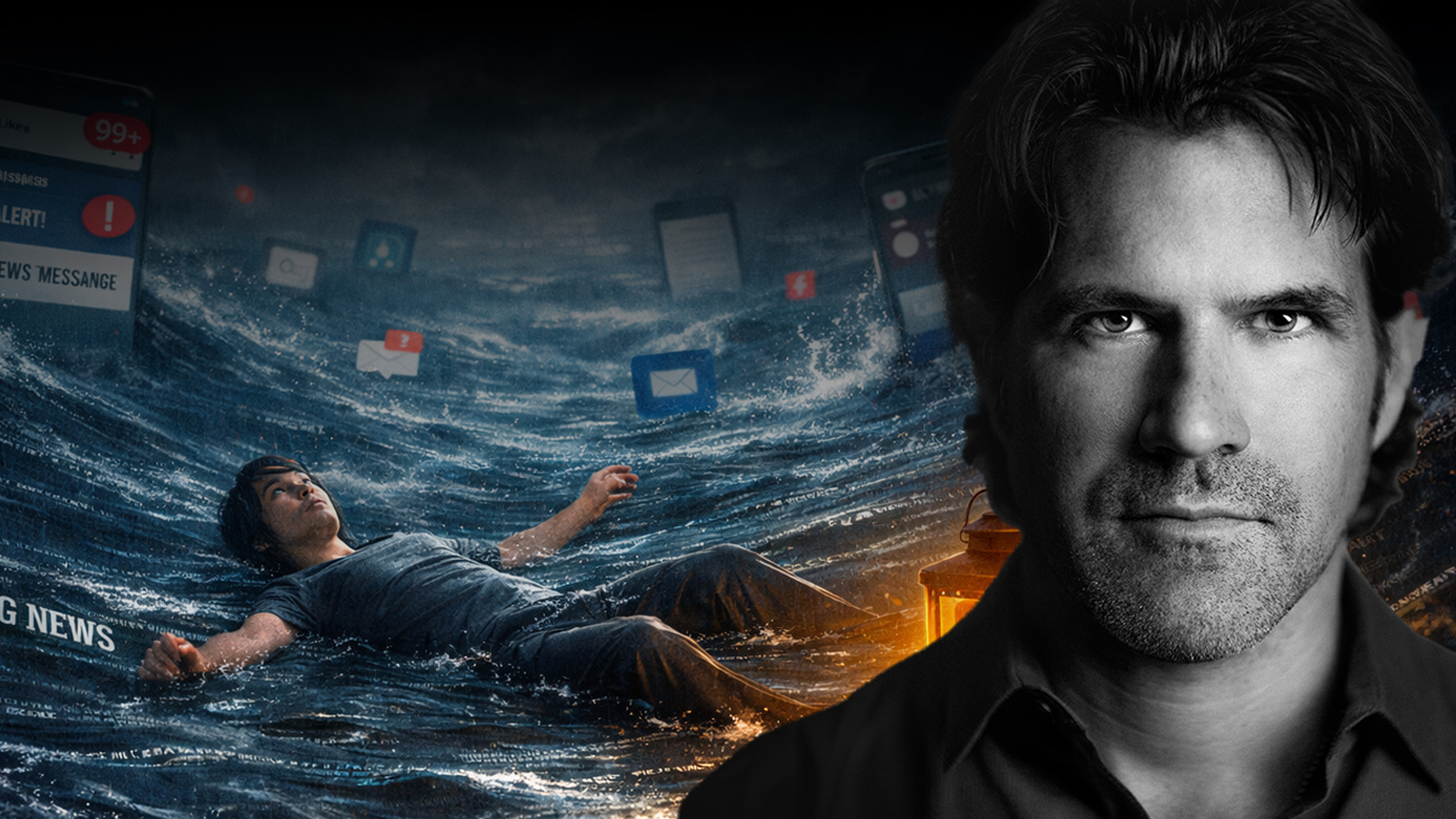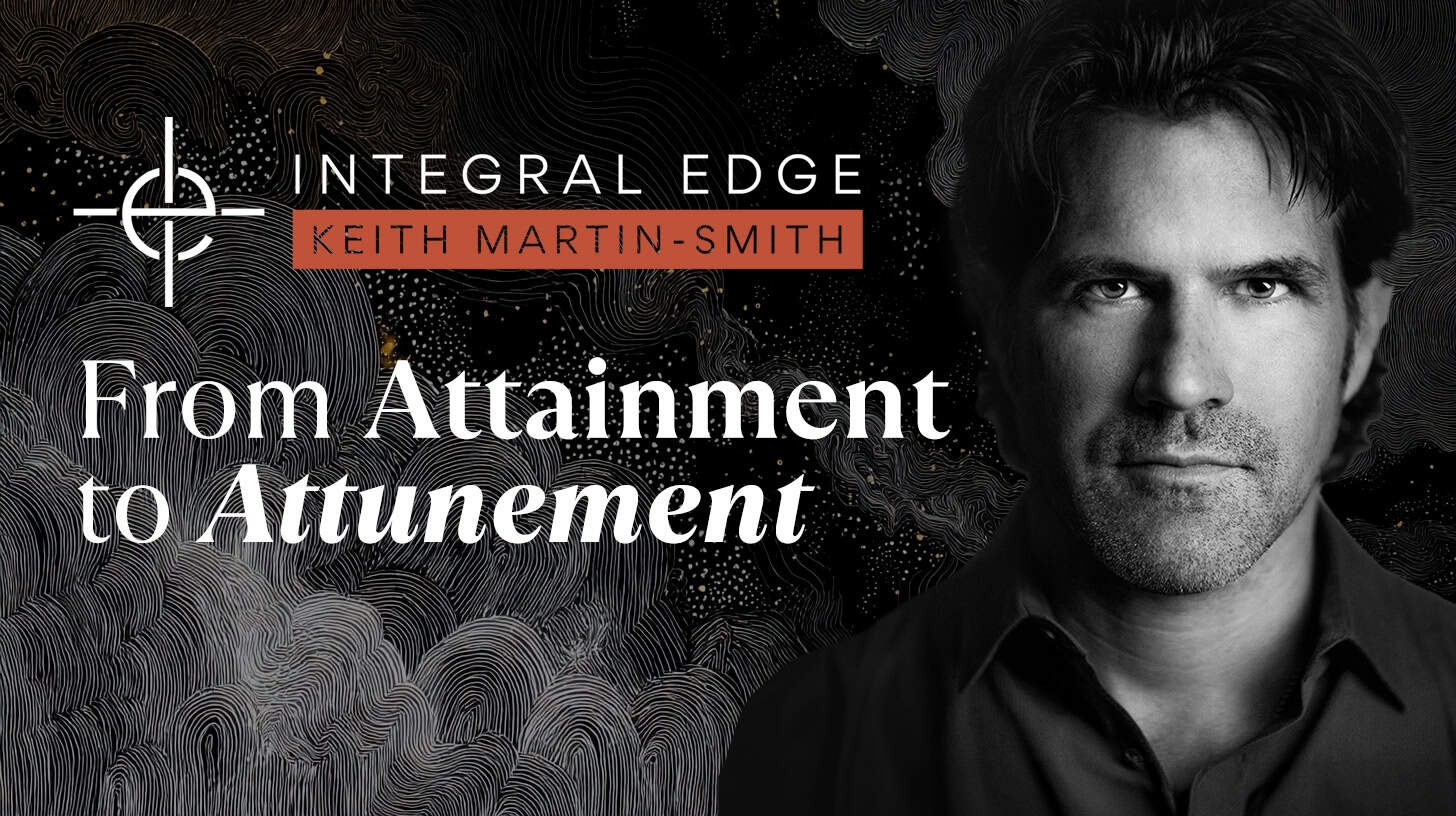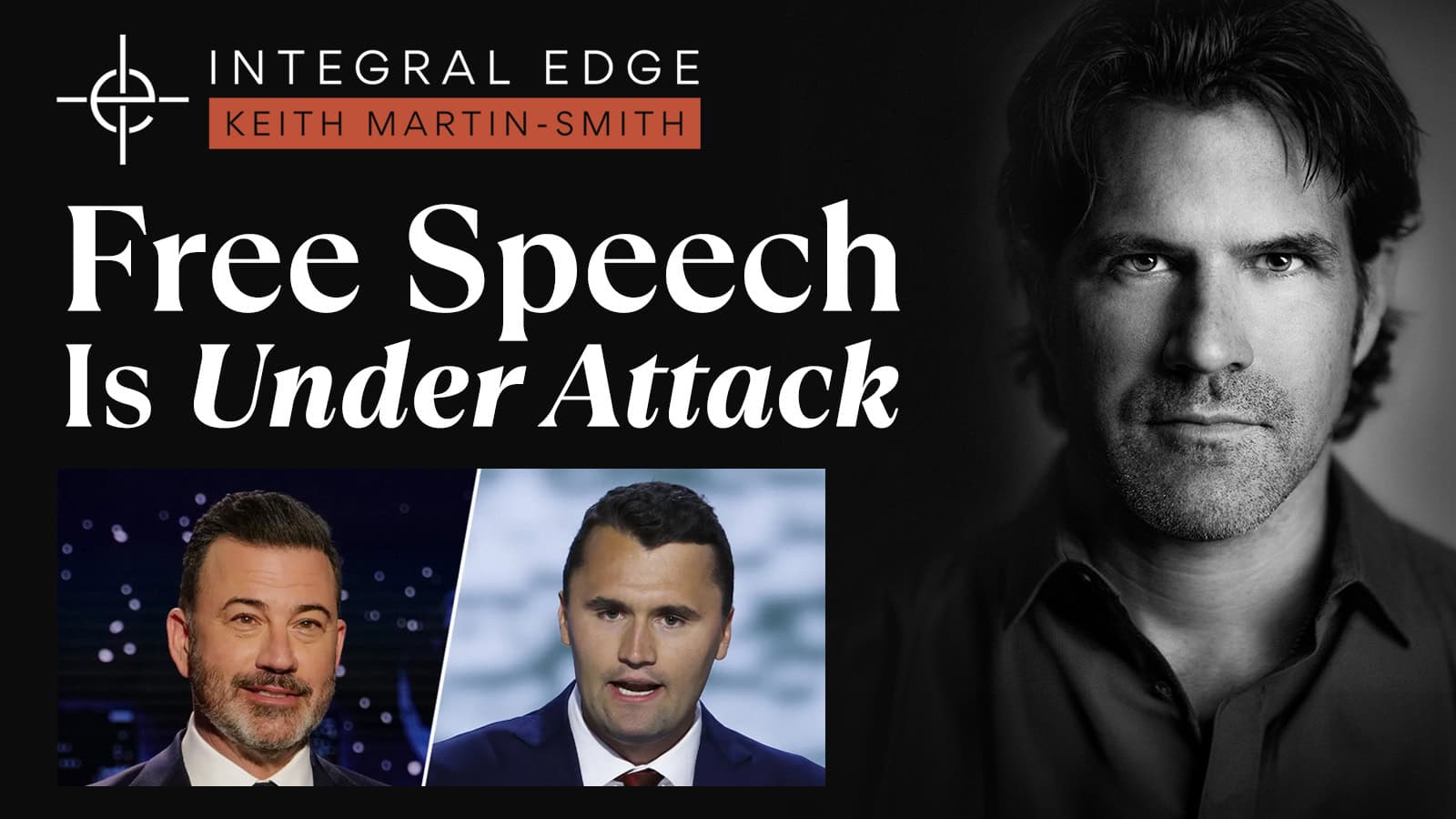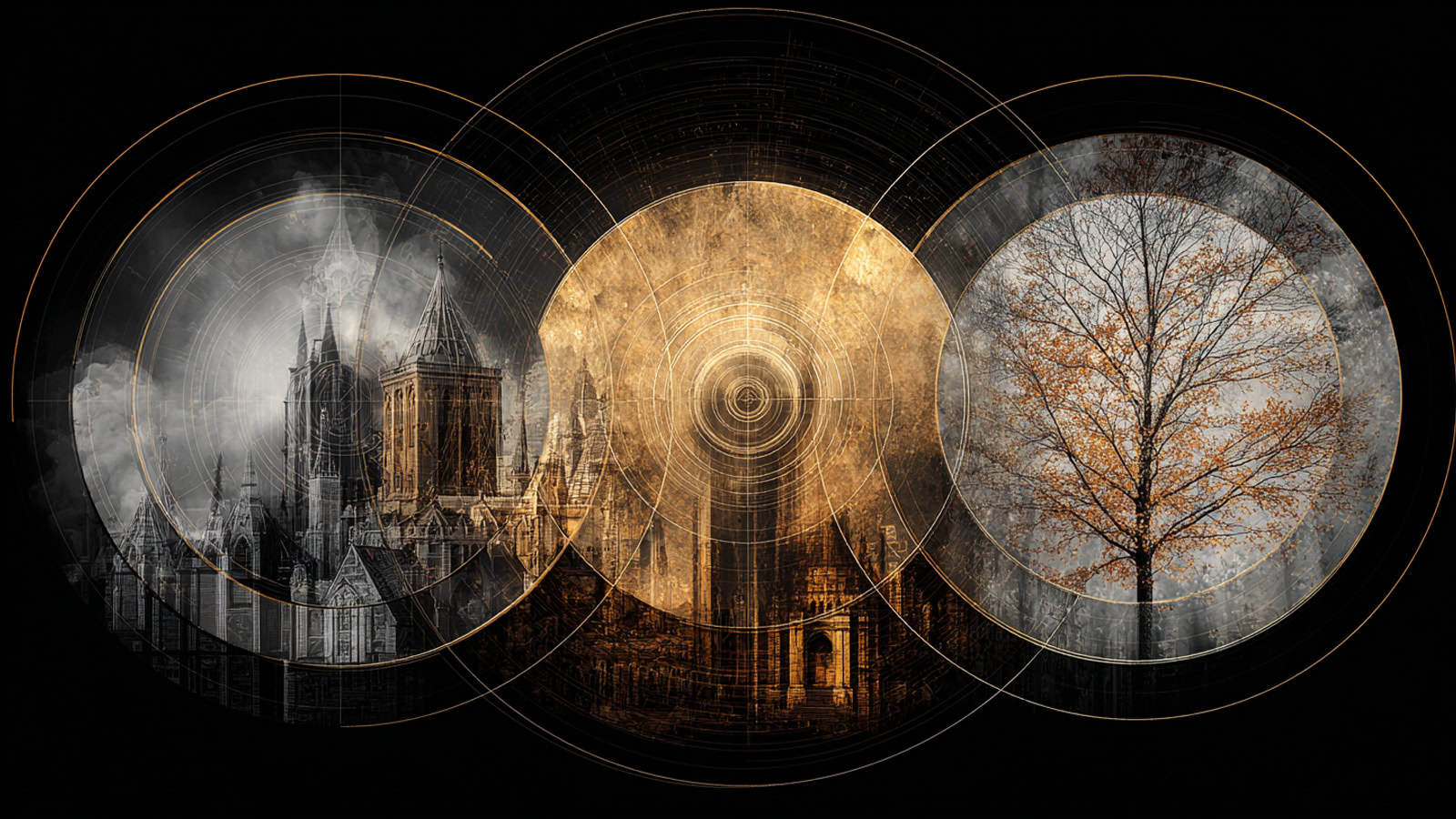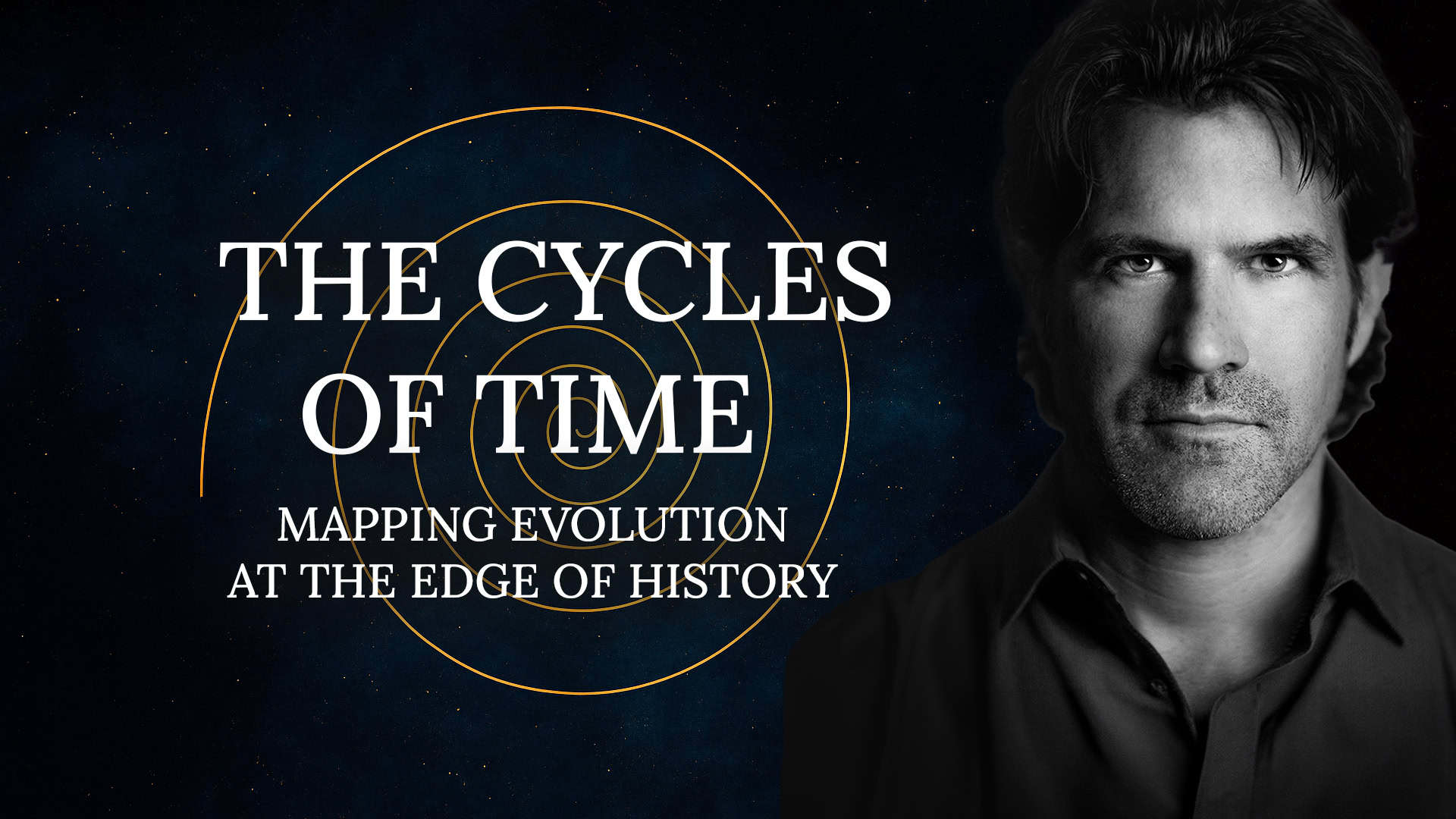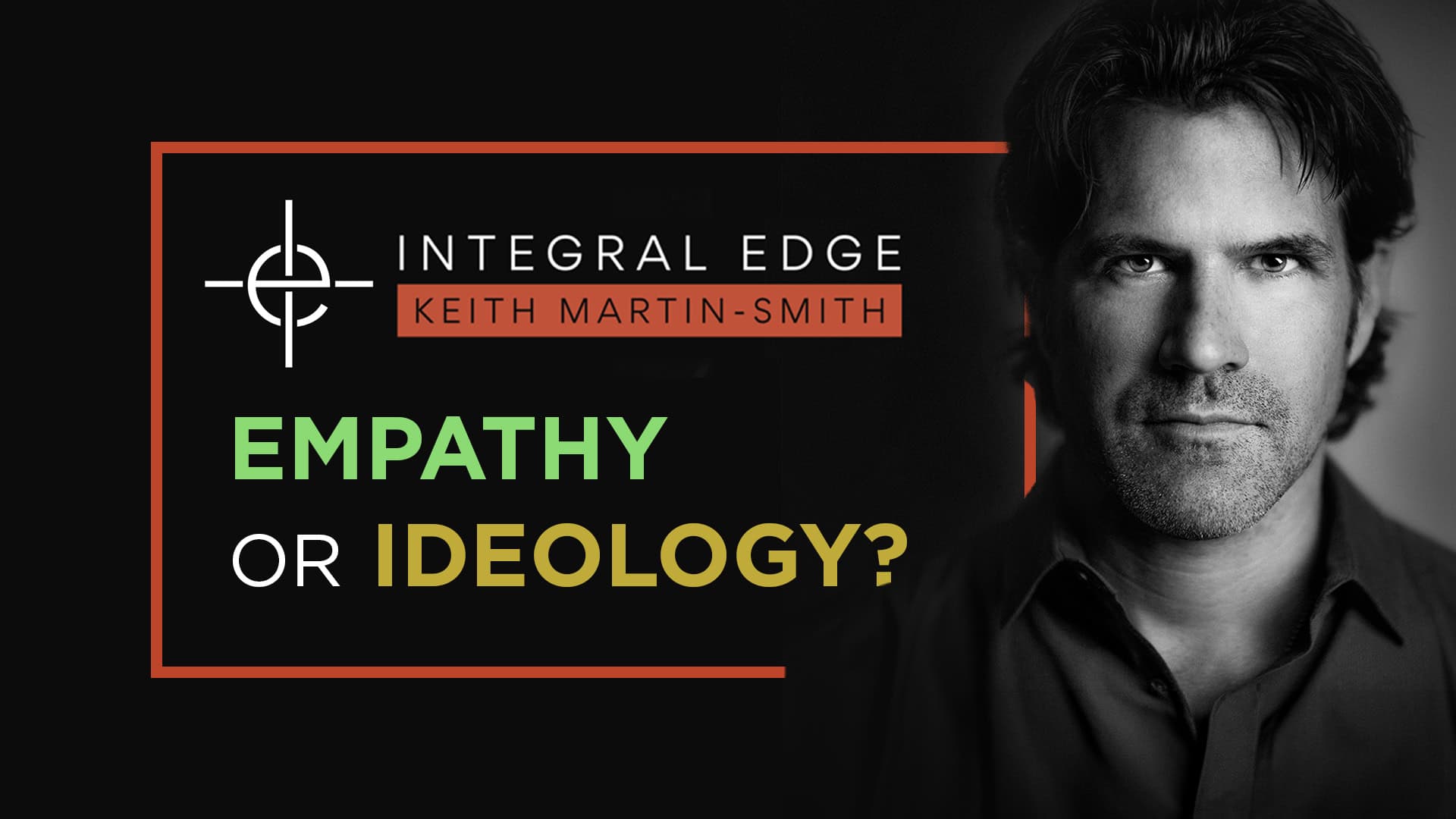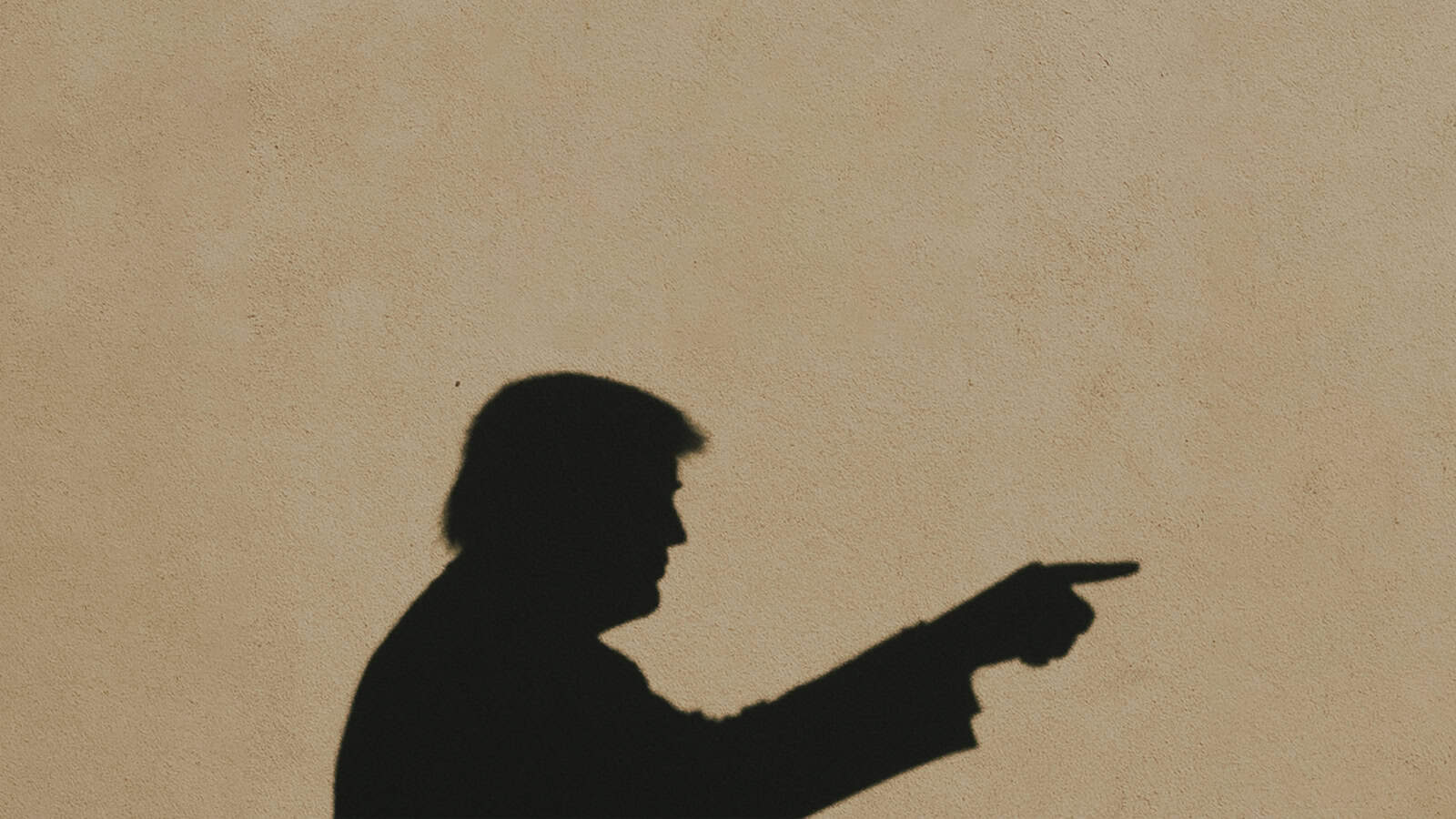👉 Listen on the go! Click here to find this episode on Spotify.
Perspective Shift:
- Masculinity isn’t toxic. It’s underdeveloped. It isn’t broken, it’s fragmented. Most men aren’t suffering because they’re too masculine, but because they’ve been cut off from essential parts of themselves. You’re not broken — you’re incomplete. The work isn’t to shrink yourself, it’s to grow into everything you already are.
- Masculinity isn’t a fixed identity — it’s a dynamic capacity. You’re not a stereotype. True masculinity is the ability to move between strength and softness, discipline and play, focus and feeling — without collapsing into shame or posturing. Integration, not performance, is the real flex.
- Every version of masculinity has its wisdom—and its shadow. The warrior, the provider, the builder, the healer — they’re all needed. Every mode of masculinity can be noble. And every one can be twisted. It’s not the stage that defines you—it’s whether you’ve made it conscious.
- Power isn’t the problem. Disconnection is. We’ve taught men to be afraid of their power—because we’ve seen what disconnected power can do. But when power is rooted in service, heart, and presence, it becomes protection, purpose, and integrity. The solution isn’t less power—it’s deeper power.
- You don’t need to become a different kind of man. You need to become more of yourself. You already have the capacity for courage, clarity, care, and purpose. The culture won’t hand you a script. You have to write your own. But the ingredients are already in you—they’re just waiting for permission.
In this episode of Integral Edge, Keith Martin-Smith explores the modern crisis of masculinity and offers a powerful framework for reclaiming the healthy strengths of traditional, modern, and postmodern masculine expressions. Rather than choosing between power and empathy, discipline and vulnerability, Keith shows how wholeness means learning to embody all of them—at the right time, in the right way.
Keith Martin-Smith explores the contemporary crisis of masculinity through an Integral lens, challenging reductive narratives and inviting a richer, more multidimensional understanding of what it means to be a man in today’s world. Drawing on decades of men’s work, leadership coaching, and deep spiritual practice, Keith begins by naming a cultural paradox: while nearly everyone can define toxic masculinity, few can describe what healthy masculinity actually looks like.
He traces this confusion to the collapse of traditional masculine scripts—stoicism, sacrifice, emotional coolness—that no longer resonate in a post-MeToo, pluralistic society. At the same time, newer ideals often leave men feeling neutered, ashamed, or adrift, with many retreating from relationships or quietly imploding under the weight of conflicting expectations.
Rather than offering yet another rigid definition, Keith argues for a more integrative, developmental approach. He critiques David Deida’s popular three-stage model of masculinity—macho, nice guy, spiritual superhero—as overly idealized and psychologically naive, particularly in its neglect of trauma, shadow, and real-world complexity. Instead, Keith proposes that we recognize at least four major cultural expressions of masculinity, each with their healthy potentials and toxic distortions:
Power-Based (Red) – Embodied presence, courage, and command; but prone to narcissism, domination, and emotional detachment.
Traditional (Amber) – Duty, stoicism, service, and loyalty; but often repressive, rigid, and emotionally inaccessible.
Modern (Orange) – Autonomy, achievement, innovation, and rational mastery; but risks burnout, detachment, and status addiction.
Pluralistic (Green) – Emotional fluency, empathy, cultural humility, and relational depth; but susceptible to self-erasure, performative empathy, and ideological coercion.
Rather than pitting these stages against each other, Keith calls for an integration of all four, turning masculinity from a fixed identity into a responsive, embodied capacity. A healthy man, he argues, learns to inhabit any of these modes depending on what the moment calls for—whether it’s the fierce protection of the Red warrior, the principled resolve of the Traditionalist, the clarity and execution of the Modernist, or the open-hearted presence of the Pluralist.
He further warns that every level of masculinity can become domineering when it loses connection to service and heart. Whether through brute force, righteous tradition, technocratic elitism, or virtue-based moralism, each mode carries a potential for shadow—especially when weaponized in the name of power or purity.
Keith closes with a spiritual invitation: that no identity—masculine, feminine, cultural, psychological—is ultimately who we are. Lasting transformation arises not from performing better roles, but from anchoring ourselves in something deeper than the constructed self. Through spiritual practice, disciplined shadow work, and developmental integration, men can begin to shed limiting scripts and show up as whole, multidimensional human beings. Not by abandoning the masculine—but by rediscovering it as an evolving, relational, and embodied art.
 Key Questions
Key Questions
Here are some questions you can contemplate while listening to this discussion. We suggest you take some time to use these as journaling prompts.
- How do I respond when a system feels broken — do I disengage, polarize, or seek reform? When institutions disappoint me, do I retreat into cynicism? double down on identity politics? Or work to restore integrity at the systemic level?
- Which parts of myself have I overdeveloped—and which parts have I abandoned? Am I overidentifying with strength at the expense of tenderness? Or with empathy at the expense of assertiveness? What traits have I exiled because they didn’t feel safe or socially acceptable?
- Am I performing masculinity, or am I living it? Do I feel at home in my own expression of manhood, or am I mimicking a script I inherited or rebelled against? What would authenticity look and feel like?
- What version of masculinity was modeled for me growing up? How did my father, coaches, media, or mentors shape my expectations of what it means to be a man? Where have I outgrown those models—and where am I still unconsciously loyal to them?
- What is my relationship to power? Do I fear it? Crave it? Perform it? Where in my life am I powerful with others rather than over them? What would it mean to reclaim power as service, not domination?
- When I feel threatened, do I reach for presence or control? Do I become passive, aggressive, withdrawn, or reactive? What would it look like to meet threat with grounded strength and conscious response?
- Am I in my body, or in my head? When was the last time I felt truly embodied — alive, grounded, aware of my breath and strength? What does my body say that my mind won’t admit?
- Which kind of masculinity do I secretly judge—or envy? Do I dismiss traditionalism as backwards, or pluralism as weak? What’s the hidden gift in that version that I may need to integrate?
- Who or what am I serving beyond myself? Do I have a purpose deeper than self-preservation or self-image? What breaks my heart open and makes me want to show up more fully?
About Integral Edge

Welcome to a world on the edge.
AI is rewriting the rules. Politics are more polarized than ever, with the far right and left in an endless clash. The metacrisis looms, late-stage capitalism is unraveling, DEI is evolving, and strongmen are rising once more.
But that’s just the beginning.
This podcast takes an integral look at the forces shaping our reality—from cutting-edge neuroscience and biohacking to cryptocurrency, global economics, and the ancient wisdom of awakening, mindfulness, and embodiment.
Keith Martin-Smith brings a deep, multi-perspective lens to the chaos, cutting through the noise to find what actually matters.
This isn’t just another commentary on the world. It’s a guide to seeing—and living—beyond the divide.
New episodes of Integral Edge every second and fourth Wednesday of the month at 10 AM PT. See our events calendar to join the live discussion!
Previous Episodes of Integral Edge

Become a member to access the full episode
Start building your big picture mind & support the global emergence of Integral consciousness

“Integral Life is the most important and globally-relevant platform for the leading edge of Integral consciousness evolution”
– Eugene P.
About Keith Martin-Smith
Keith Martin-Smith is an award-winning author, writing coach, and Zen priest. He is passionate about human connection, creativity, and evolution. His books include "The Mysterious Divination of Tea Leaves", "A Heart Blown Open", and "The Heart of Zen". His most recent book is his first novel, "Only Everything", a novel that explores the promise and the pain of following an artist's path.


